Fauna – Birds collection year 1950/90 MNH stamps
Birds are a diverse group of animals found worldwide, inhabiting a wide range of habitats from deserts to rainforests, and from polar regions to tropical islands. With over 10,000 species, birds are known for their incredible variety in size, shape, color, behavior, and ecological roles. Here are some key points about birds worldwide:
Adaptations: Birds have evolved a variety of adaptations that allow them to thrive in different environments. These adaptations include specialized beaks for different feeding strategies (e.g., insect-eating, seed-cracking, nectar-sipping), unique feet for perching, swimming, or grasping prey, and specialized plumage for camouflage, display, or insulation.
Migration: Many bird species undertake long-distance migrations, traveling thousands of kilometers between breeding and wintering grounds. Migration allows birds to exploit seasonal resources, avoid harsh weather conditions, and access breeding areas with abundant food and suitable nesting sites.
Ecological Roles: Birds play crucial roles in ecosystems as predators, prey, pollinators, seed dispersers, and scavengers. They contribute to nutrient cycling, control insect populations, and help maintain the balance of ecosystems.
Conservation: Birds face numerous threats worldwide, including habitat loss, climate change, pollution, invasive species, and illegal hunting. Conservation efforts are underway to protect endangered bird species and their habitats through habitat restoration, protected area management, captive breeding programs, and public awareness campaigns.
Biodiversity Hotspots: Certain regions of the world, known as biodiversity hotspots, harbor exceptionally high levels of bird diversity and endemism. Examples include tropical rainforests in the Amazon Basin, the Congo Basin, and Southeast Asia, as well as island ecosystems such as those found in the Caribbean, Polynesia, and the Galápagos Islands.
Symbolism and Cultural Importance: Birds have been an integral part of human culture, mythology, art, and symbolism for millennia. They are often associated with freedom, beauty, wisdom, and spiritual significance in various cultures around the world.
Birdwatching: Birdwatching, or birding, is a popular recreational activity enjoyed by millions of people worldwide. Birdwatchers observe, identify, and appreciate birds in their natural habitats, contributing to citizen science projects and conservation efforts.
Overall, birds are fascinating and diverse creatures that play vital roles in ecosystems and hold cultural significance for people around the world. Understanding and conserving birds are essential for maintaining biodiversity and the health of the planet.

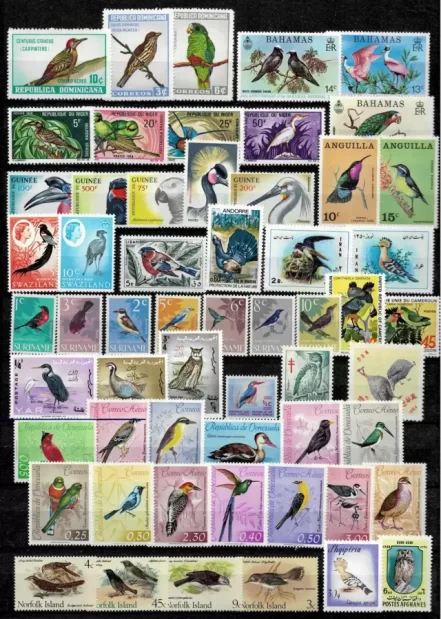

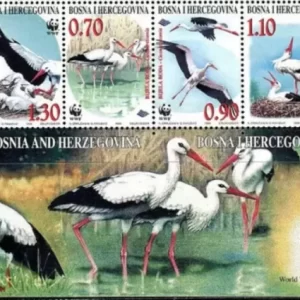

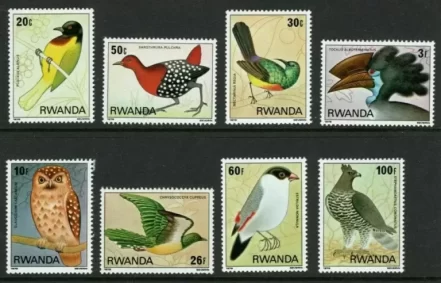

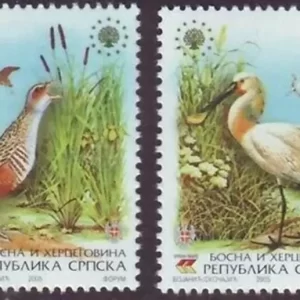
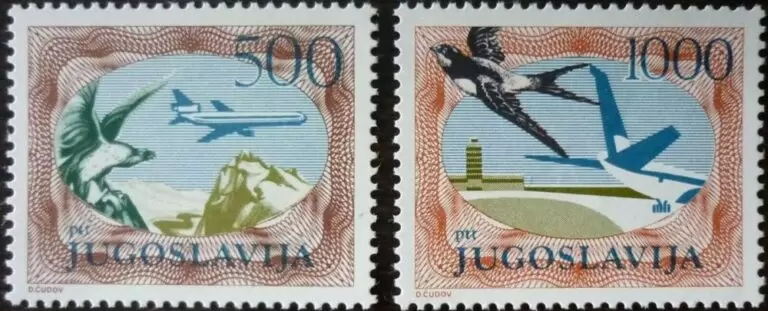

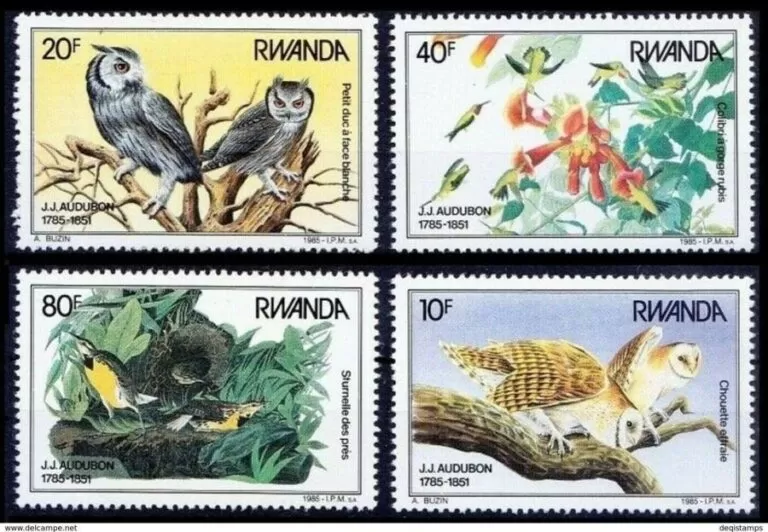
Reviews
There are no reviews yet.